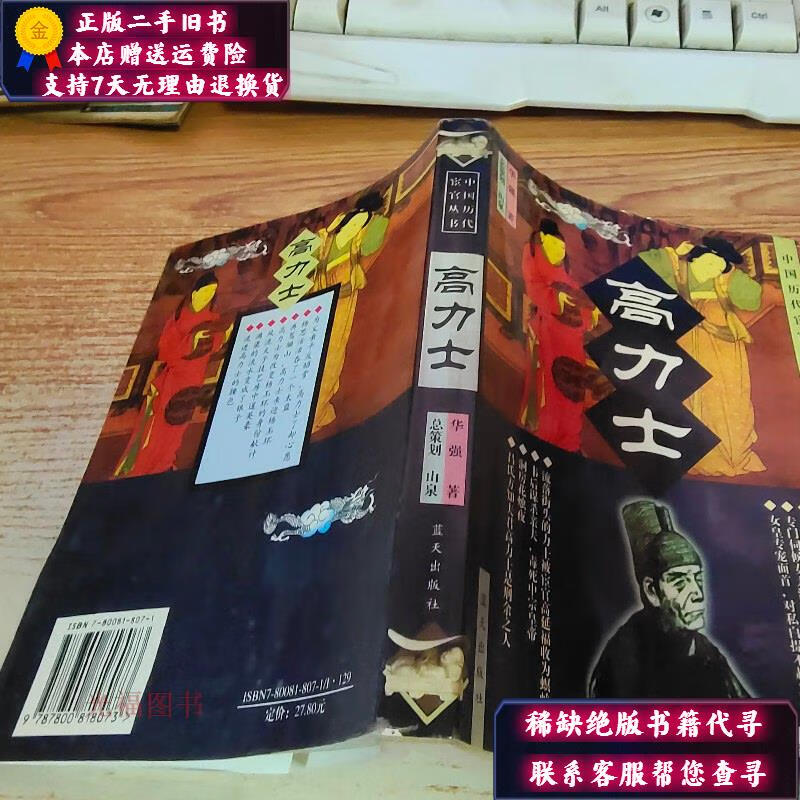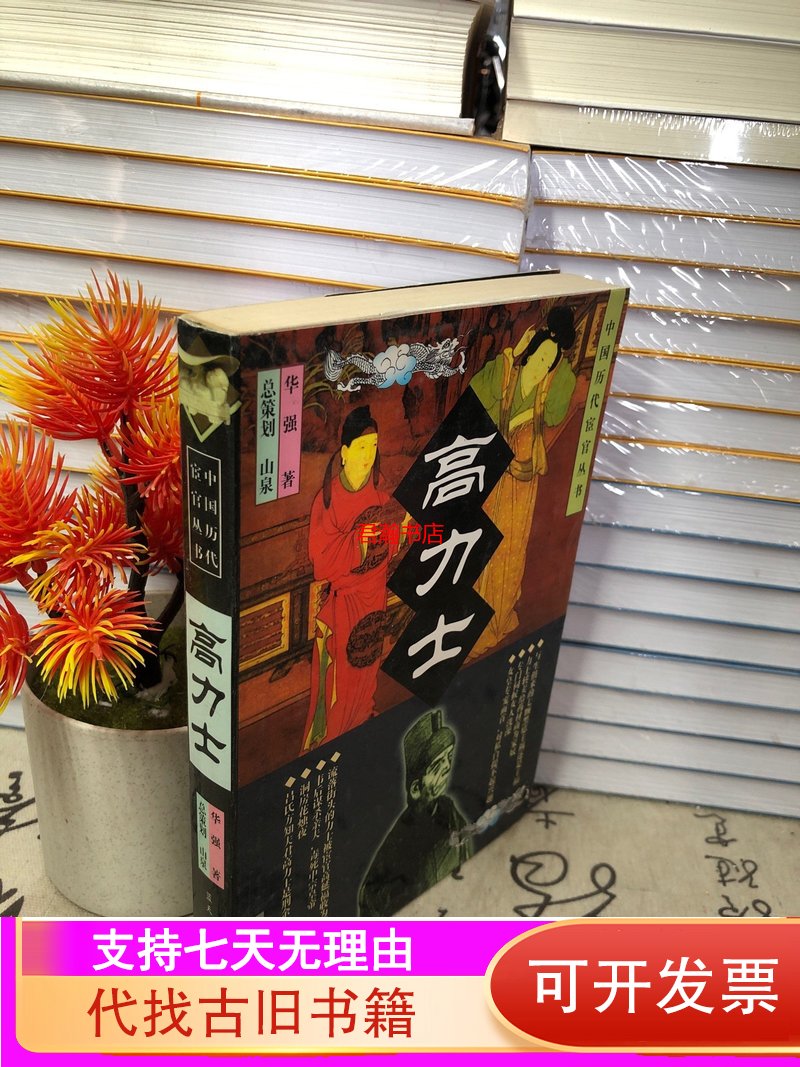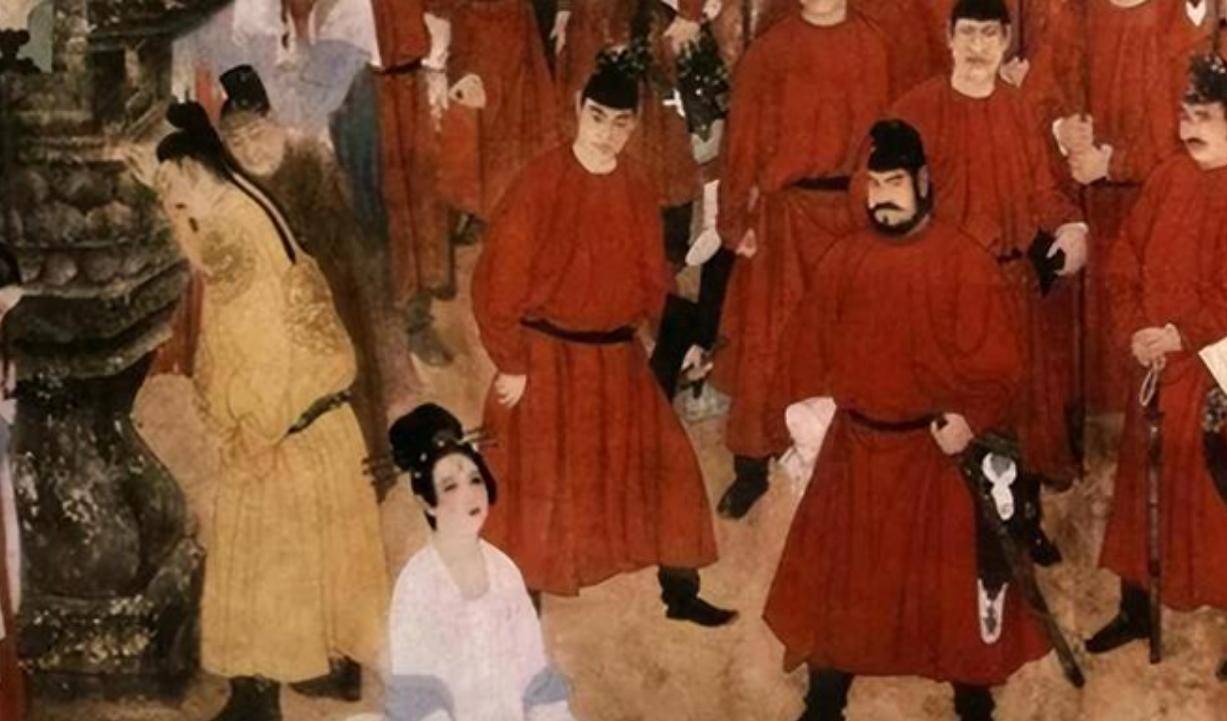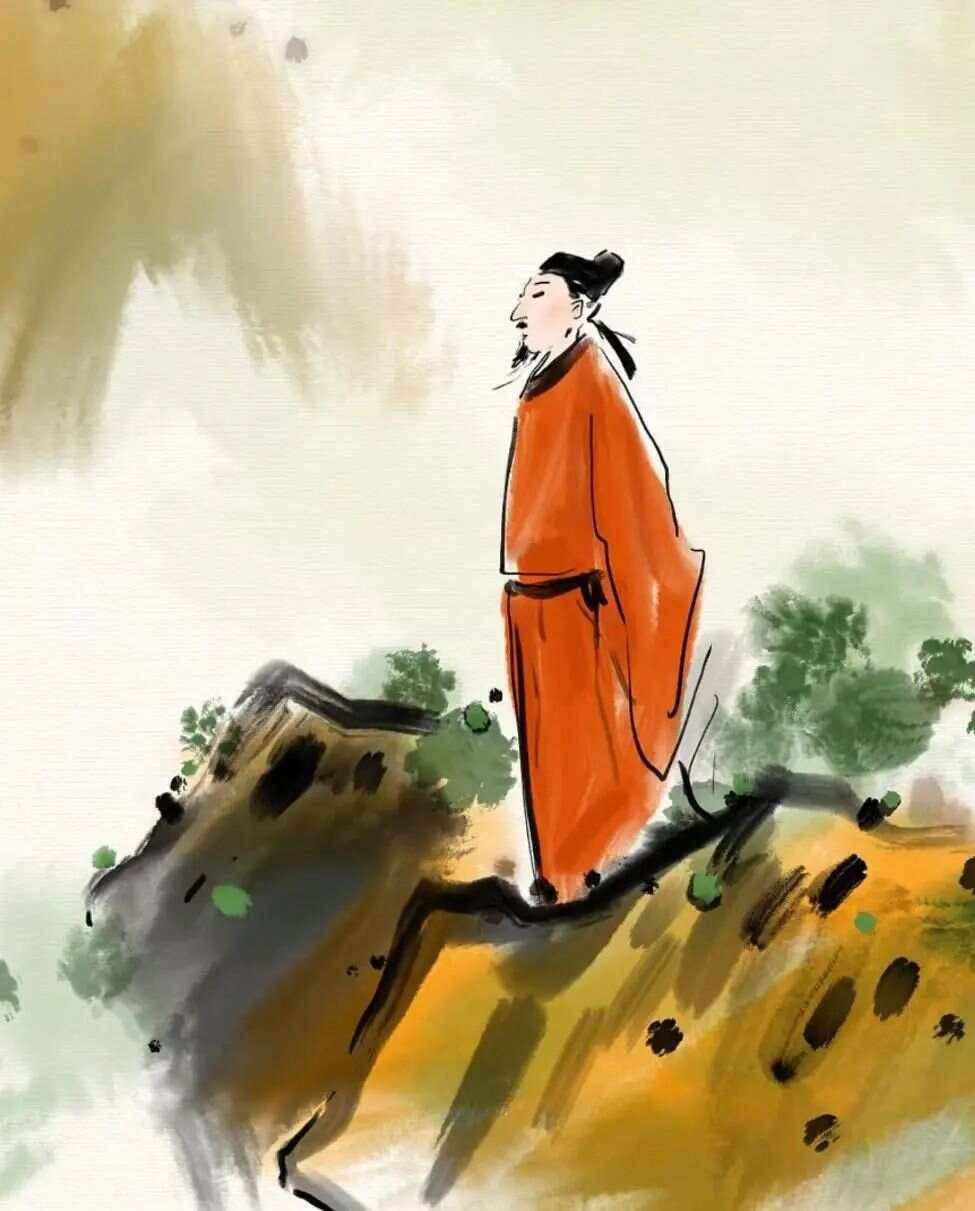Do you really know Zhu Zhanji? The history encyclopedia editor provides detailed related content for everyone.

There were not many emperors in the Ming Dynasty who excelled in literature, politics, and martial arts, especially in the mid to late period when most of the emperors were mediocre. This is also the main reason why many friends who love history have low evaluations of the Ming Dynasty. Looking back at the hundreds of years of the Ming Dynasty, if historians in later generations have the highest comments, besides the founding emperor Zhu Yuanzhang and the founding emperor Zhu Di, who initiated the Yongle event, the second is undoubtedly Zhu Zhanji, the founder of the Ming Dynasty.
When Zhu Zhanji ascended the throne, he was not very old and even enjoyed playing with crickets. Such a hobby would definitely be considered “playing with things and losing ambition” for an emperor, but why did later generations have such high evaluations of him? What did he do during his years in office?
Image: Still of Zhu Zhanji Fighting Crickets

1、 Emperor with a wide range of interests and hobbies
1. Not just one hobby
Friends familiar with the history of the Ming Dynasty should know that Zhu Zhanji was an emperor with a wide range of hobbies. To be fair, his love for fighting crickets, as recorded in folk folklore, can only be considered one of his many hobbies. According to “Strange Tales from a Chinese Studio,” he was also a “weaving emperor.” What does this mean? Simply put, it means being versatile and having a wide range of interests.
As the eldest grandson of Zhu Di, he was intelligent and clever from a young age, and was deeply loved by his grandfather. Under systematic education, Zhu Zhanji demonstrated high cultural literacy and developed many hobbies as a result.
According to records, Zhu Zhanji made significant achievements in fields such as calligraphy, painting, hunting, and cuisine, among which Dou Zhizhi was his most skilled. The prototype of the emperor depicted in the famous poem “Zhizhi” in the “Liaozhai Chronicles” is him, and “Zhizhi Emperor” is also an elegant title for Zhu Zhanji.
In fact, for an emperor with so many hobbies, the courtiers are also worried. They are afraid that the young and energetic emperor may “go astray” and cause the country left by his ancestors to be irretrievable. The ministers have repeatedly advised Zhu Zhanji to read more and play less, putting the people of the country first. Some ministers have even been imprisoned because of this.
The “History of Ming Dynasty” records: “Dai Lun was arrested and brought back to the capital due to his remonstrance, and was tried by the Jinyiwei. Due to his tough attitude, Zhu Zhanji was very angry. He not only killed him but also confiscated all his family assets, and even implicated his relatives. He was not exonerated until Emperor Yingzong ascended the throne.
Image: Still of Emperor Xuanzong Zhu Zhanji eating
2. Playing does not hinder the governance of the country
Many people tend to view the emperor with colored glasses and make biased statements, as if playing with crickets is a “standard” for incompetent monarchs. Of course, such incompetent monarchs have indeed appeared in thousands of years of Chinese history.
For example, Emperor Huizong of the late Northern Song Dynasty, Emperor Xizong of the late Ming Dynasty, and Emperor Xuanzong of Tang, who triggered the An Lushan Rebellion, are all typical emperors in history who lost their will by playing with things. However, this does not mean that emperors cannot have their own hobbies.
For example, during the later period of Tang Xuanzong’s reign, Li Longji faced a series of problems, but in the early stage, he still pioneered the “Kaiyuan prosperous era” of the Tang Dynasty with his literary, political, and military achievements, which were not inferior to those of Tang Taizong’s Li Shimin.
Furthermore, an emperor born in a prosperous era of peace and prosperity, who grew up with luxurious clothing and food, received the most advanced education at that time. In such a big environment, he could not only learn about governing the country and fighting wars. He would definitely have various hobbies, which is understandable.
In fact, a good emperor knows what his identity means and knows what to do from the bottom of his heart. The fact proves that the concerns of these ministers are unnecessary. Zhu Zhanji has shown the world what kind of emperor he is through practical actions.
Image: stills of Ming Dynasty ministers
2、 The political measures are commendable
1. A series of internal reforms
During the reign of Emperor Xuanzong Zhu Zhanji and his father Zhu Gaochi, the comprehensive national strength of the Ming Dynasty reached a new height. The society was clear and the people were prosperous, which later became known as the “Renxuan Governance”. Zhu Zhanji’s reign was far longer than his father’s, and he also had a set of governance methods.
Firstly, Zhu Zhanji strengthened the imperial power. Although he appeared to be playful, his methods of centralizing power were no less effective than his grandfather Zhu Di’s. He solved the hidden dangers of the feudal royal family that had not been completed during his father’s era, eliminated his uncle Zhu Gaoxu, and even had Zhu Gaosui surrender his military power.
Secondly, he made efforts to cultivate his political power and highly valued wise officials, with the most representative being the “Three Yangs”. The “Three Yangs of the Cabinet” are the most famous examples of virtuous ministers in the Ming Dynasty, who appeared during the reign of Zhu Zhanji.
The “Three Yangs” refer to the famous ministers Yang Shiqi, Yang Rong, and Yang Pu, each of whom was a learned scholar who helped Zhu Zhanji handle national affairs and provided guidance on a daily basis. They were the main contributors to the emergence of the “Renxuan Governance”.
Of course, in addition to the “Three Yangs”, Zhu Zhanji also had many capable officials and foreign scholars under his command, each shining brightly in their suitable positions. Zhu Zhanji himself humbly accepted the advice of his ministers, resulting in a harmonious relationship between the monarch and the ministers, a naturally strong country, and a naturally clear politics.
Image: Still of Three Yang Ministers in the Cabinet
2. Expand existing advantages externally
In terms of external relations, it is mainly reflected in two aspects. The first aspect is that when Zhu Zhanji first came to power, he chose to actively end large-scale military operations abroad and advocated for the restoration of national strength by resting with the people. When the time was ripe, he did not hesitate to fight some necessary battles.
According to historical records, Zhu Zhanji attached great importance to the northern border crisis and personally led troops to attack Mongolia, shooting enemies with his own hands, greatly boosting morale and ultimately winning victory, ensuring the stability and prosperity of the border.
For some unnecessary battles, Zhu Zhanji never resorted to military tactics. For example, in the Annan region, it was like a chicken rib in Zhu Zhanji’s eyes. It was better to give up voluntarily than to waste people and money. Therefore, during Zhu Zhanji’s era, the military strength of the Ming Dynasty reached a new height.
Image: Still of Zhu Zhanji personally leading troops
The second aspect was organizing Zheng He’s last voyage to the West. In the fifth year of Xuande, early 1431 AD, Zhu Zhanji ordered Zheng He to lead a large fleet to sail to the West again, citing that many foreign domains did not come to pay tribute.
Due to Zheng He’s overwork and death on the west coast of India, the fleet successfully returned under the leadership of Wang Jinghong and arrived in Nanjing in July of the eighth year of the Xuande reign. According to historical records, the entire fleet consisted of nearly 28000 people during this long voyage to the West, which was also Zheng He’s last voyage to the West and marked the end of China’s overseas shipping industry.
Image: Still from Zheng He’s voyages to the West
In summary, Zhu Zhanji’s career was built on the foundation of three generations from Zhu Yuanzhang to his father Zhu Gaochi. At that time, the Ming Dynasty’s national strength had reached its peak, and Zhu Zhanji faced relatively low pressure in terms of culture, governance, and martial arts. With the help of Zheng He’s voyages to the West, there was even a grand event of foreign countries coming to the court.
Moreover, Zhu Zhanji is not a foolish emperor. Combining both approaches would make it difficult to create a grand event. As for whether he loves crickets or not, this cannot be used to evaluate an emperor at all. Moreover, overall, Zhu Zhanji has the qualifications to play with crickets.



